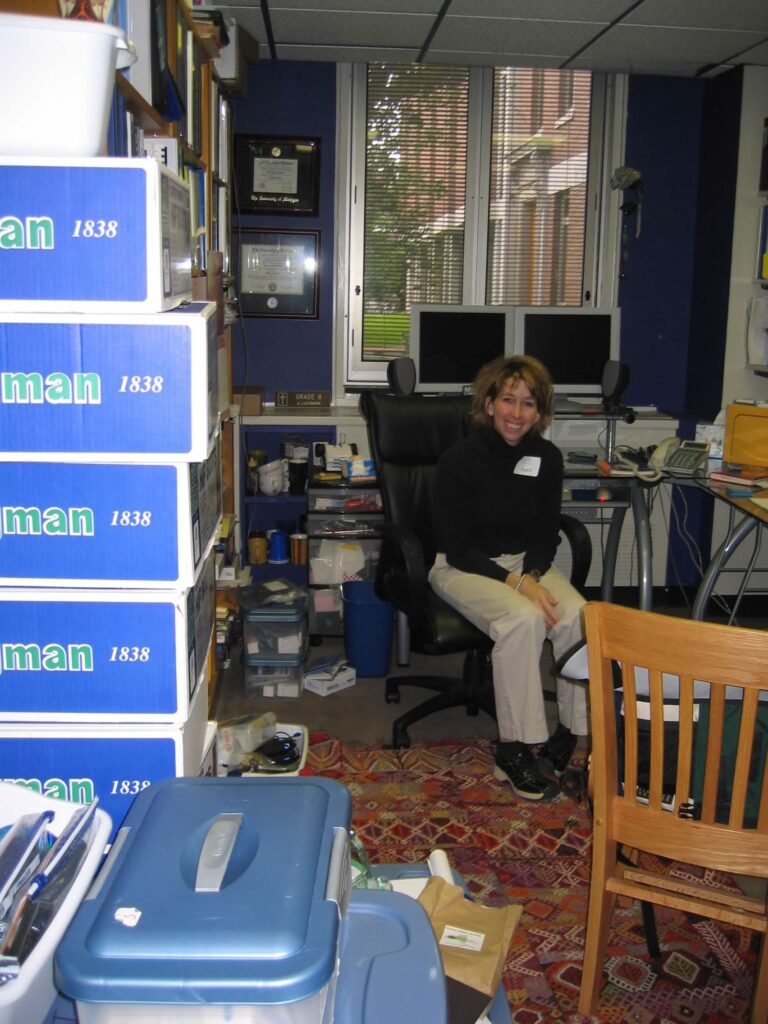EDU 434
Theory and Practice in the Teaching and Learning of Science for
Social Justice

Changing Science Classrooms
To be Welcoming, Critical and Joyful Spaces
Theory of Learning
How people learn and the roles power and identity play in the process grounds our why.
Justice-centered Phenomena
Interrogating science for justice positions us to address injustices and use science for social transformation
Teachers as Learners
As Friere has taught us, classrooms are most effective when all of the people are both learners and teachers for one another.
Community Consultants
Partnering with community to localize the customization of science curricula.
Place-based Education
Allowing places and lands and their inhabitants to teach us science and more.
A Part of Nature
Learning our relationship with the rest of nature to be a part of not apart from.
Check out these related blogs!!
- Sarah’s Blog
- Jeris’ Blog
- Luci’s Blog
- Jialin’s Blog
- Sion’s Blog
- Emily’s Blog
A long history & a fantastic community
That continues to grow each year!
Get Real! Science Begins
- Back in 2004
- With hip waders and water quality probes
- And a passionate group of future science teachers! Let’s go!!!


H20 Spartans
- Last month
- Helping the community learn to care for Sodus waters
- Filters, testing and lessons learned
- Using science to make a difference
“It becomes the first task of the teacher who would base her program with children on the exploration of the environment to…
explore the environment herself. She must know how her
community keeps house – how it gets water, its coal, its electrical
power, its food, who are the workers that make the community
function, and how those workers adapt to the physical characteristics
of the world around them. She must know where the pipes in her
room lead to, where the coal is kept in the school, when the meters
are read and by whom; she must know the geographic features
which characterize her particular environment and strive constantly
to see how they are changed by human work.
And when she knows all this and much, much more,
she must keep most of it to herself.
She does not gather knowledge to become an
encyclopedia, a peripatetic textbook. She gathers this knowledge in
order to place children in strategic positions for making explorations.“
Lucy Sprague Mitchell
Young Geographers (1934)
Watch, Read, Listen
Join 900+ subscribers
Stay in the loop with everything you need to know.